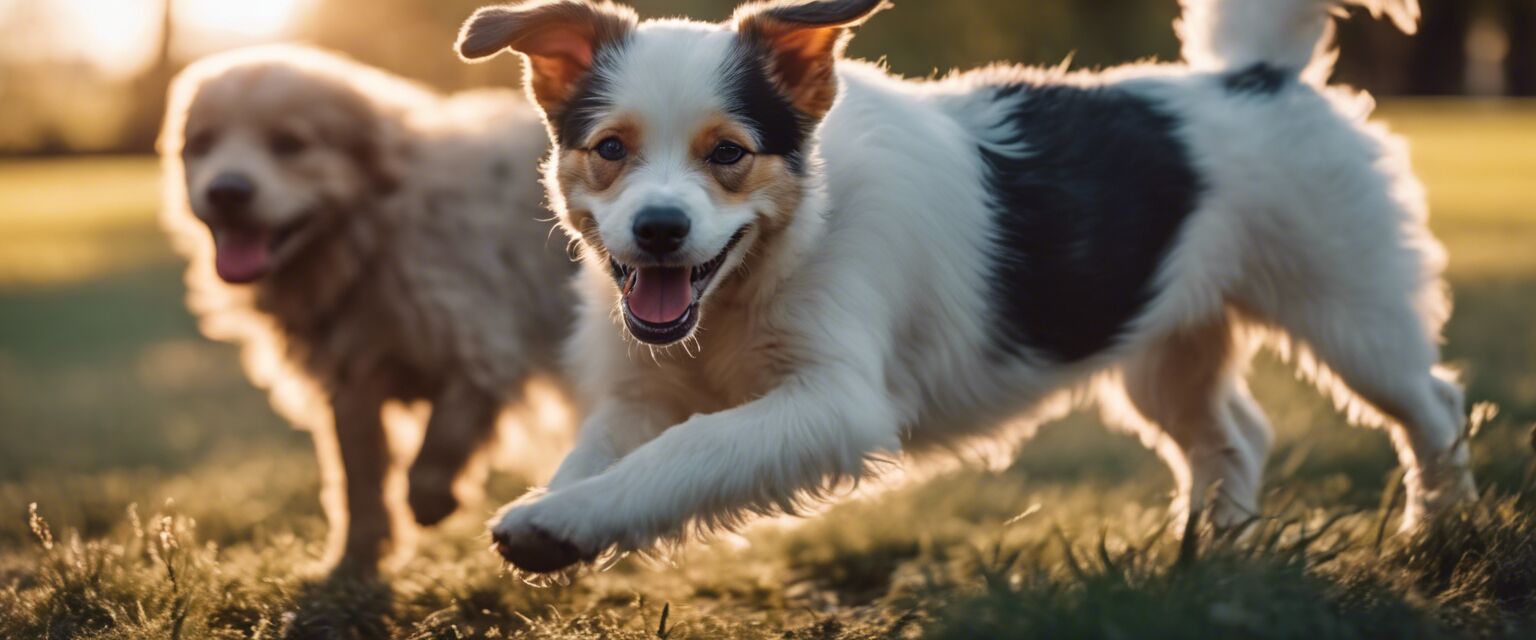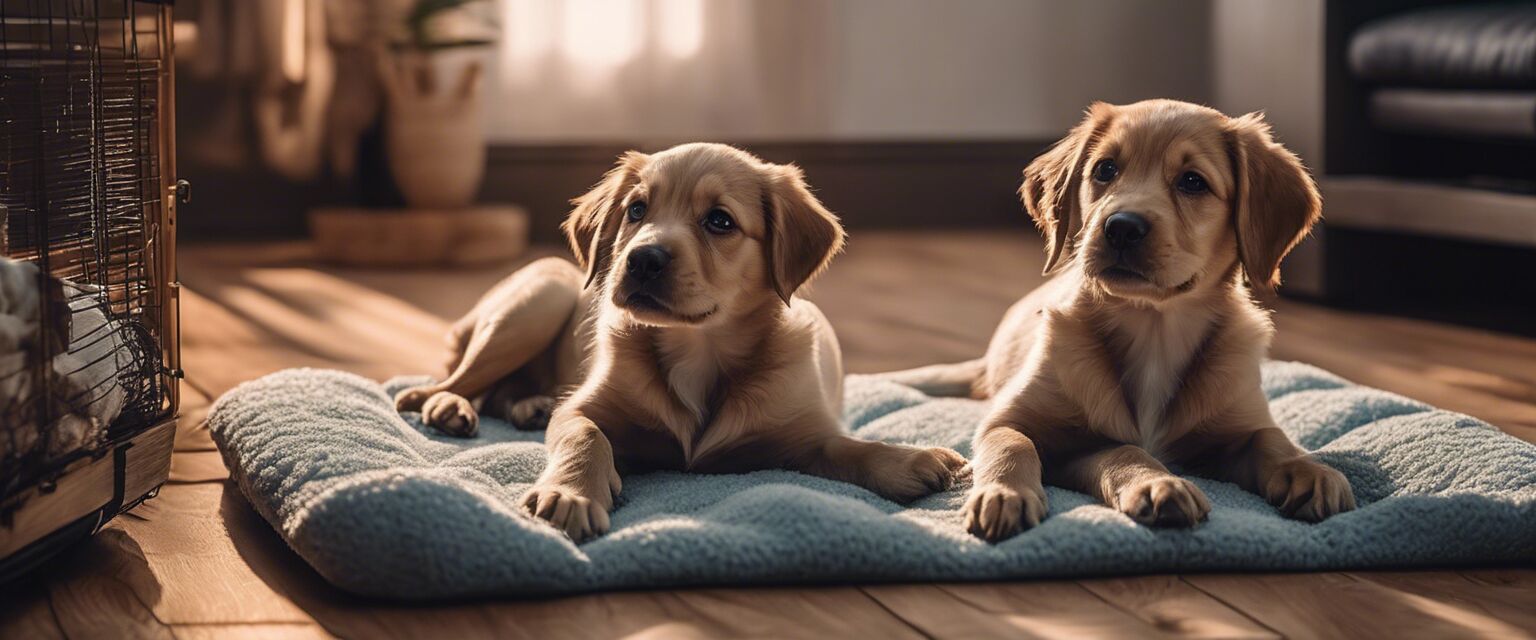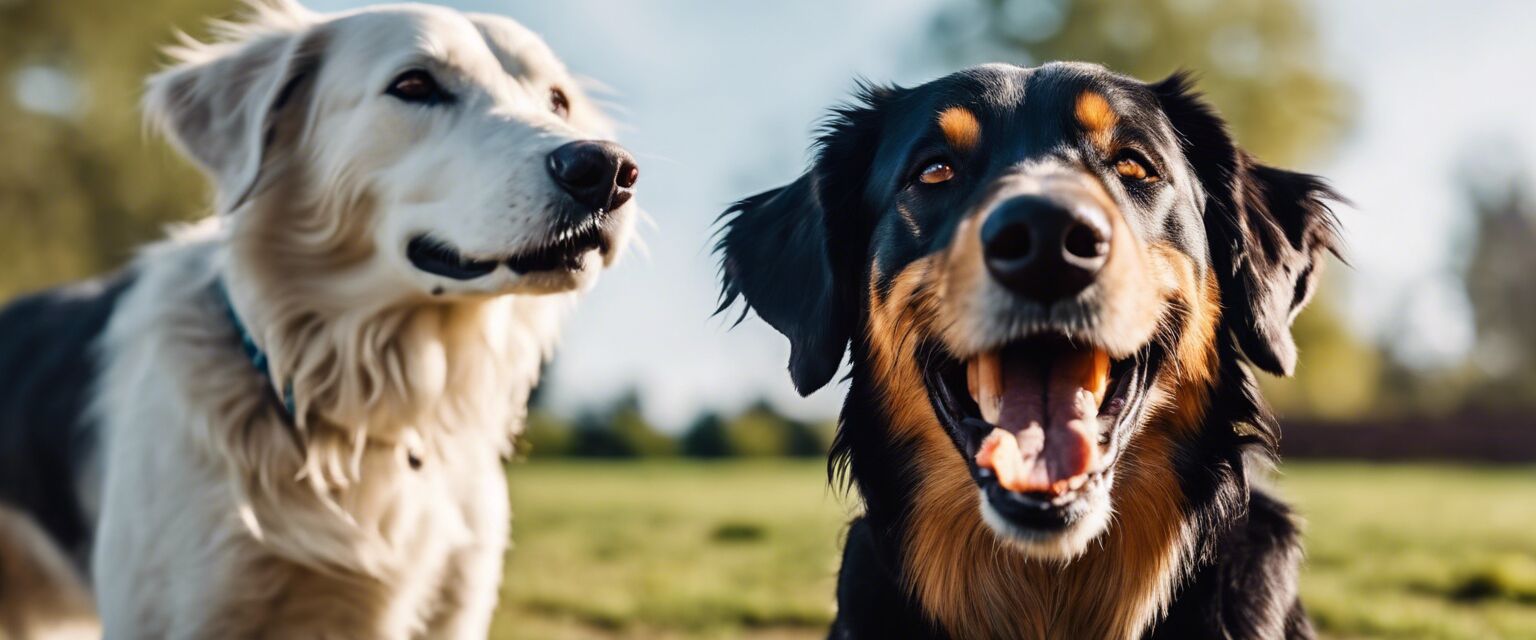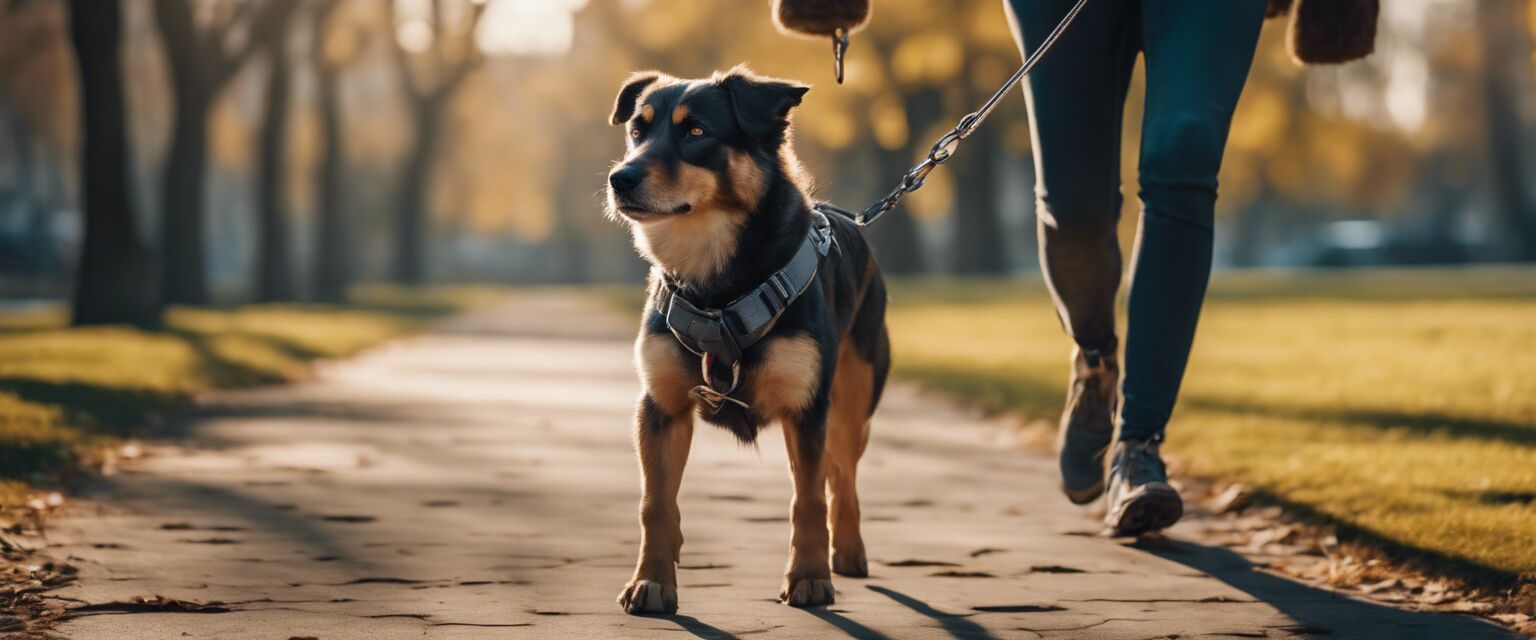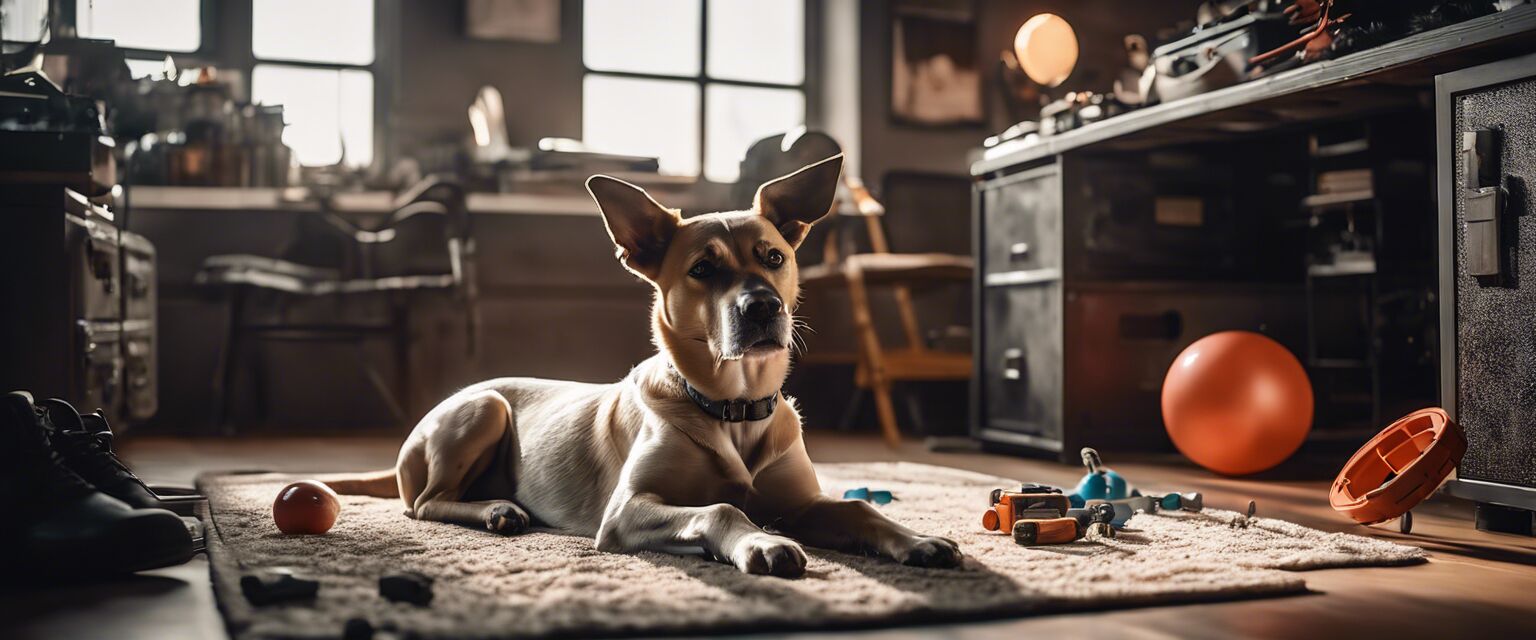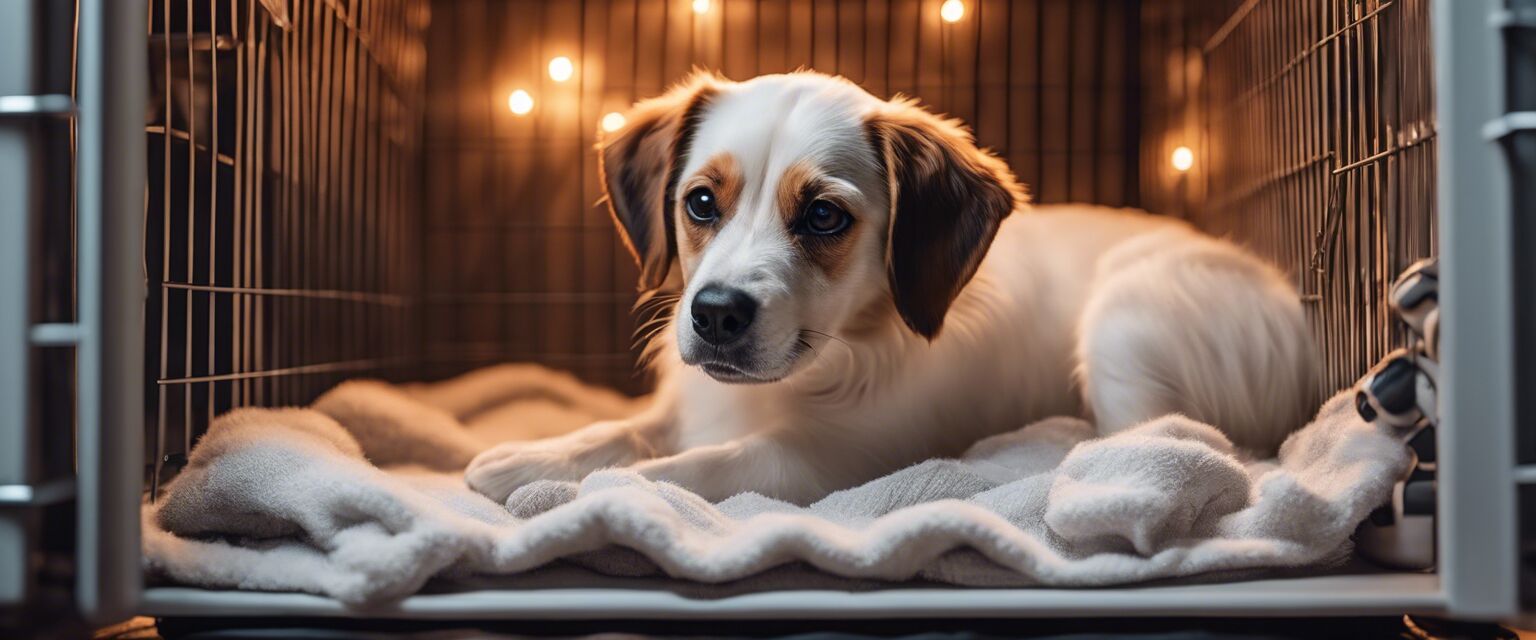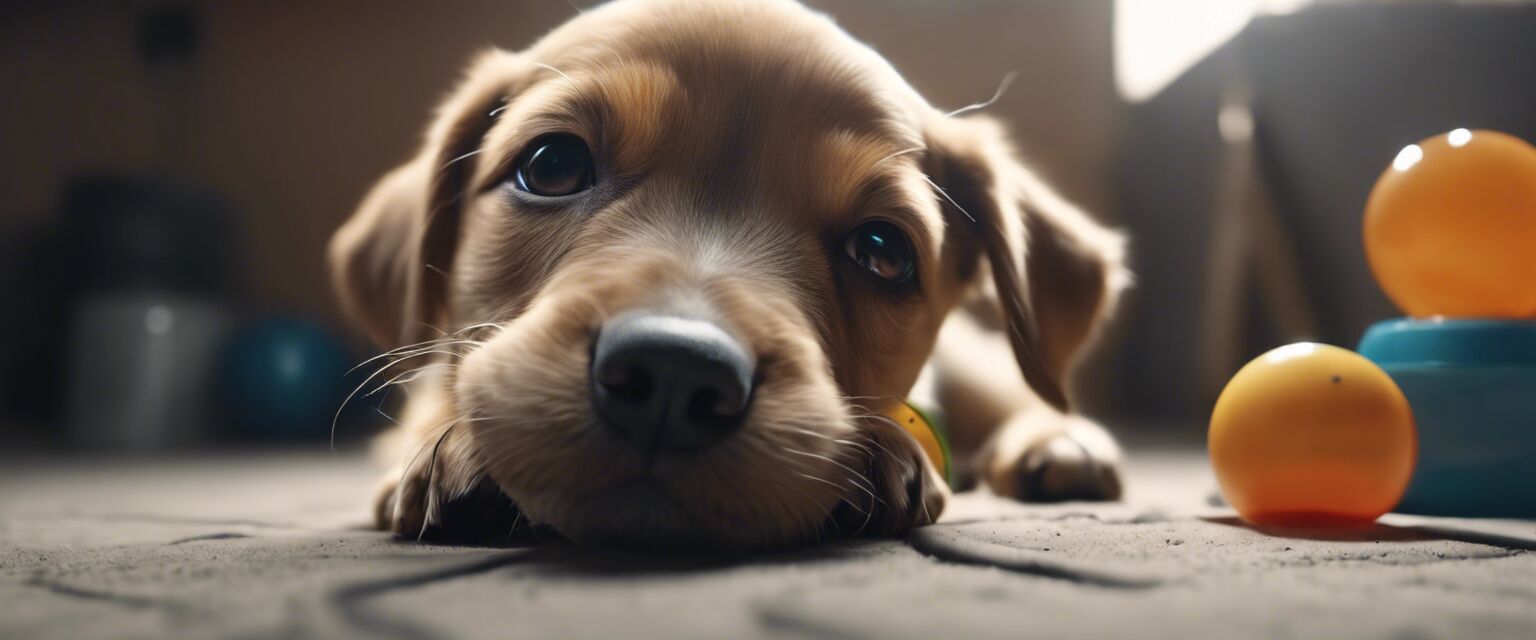
Socialization for Puppies
Key Takeaways
- Early socialization is crucial for a puppy's development.
- Positive experiences with various stimuli help prevent behavioral issues.
- Safe and controlled environments are important for effective socialization.
- Gradual exposure to different people, pets, and environments fosters confidence.
- Consistent training and reinforcement are essential throughout the process.
Socialization is a vital part of ensuring your puppy grows into a well-rounded and confident dog. It involves exposing your puppy to new experiences, people, and other dogs, helping them to learn how to react appropriately in different situations. In this article, we will discuss the importance of socialization, effective techniques, and some considerations to keep in mind.
Why is socialization important?
Socialization helps your puppy understand their environment, enabling them to grow into a friendly and confident adult dog. Here are some key benefits:
- Reduces anxiety and fearfulness.
- Helps prevent aggression towards other animals or people.
- Fosters adaptability in various environments.
- Enhances their ability to interact with humans and other dogs.
Ideal timeframe for socialization
The critical period for socialization occurs between 3 to 14 weeks of age. During this time, puppies are particularly receptive to new experiences. Itâs essential to maximize this window. After 14 weeks, socialization becomes more challenging but is not impossible. Hereâs a socialization timeline:
| Age Range | Socialization Activities |
|---|---|
| 3 - 5 weeks | Introduce to different textures, sounds, and safe toys. |
| 5 - 8 weeks | Expose to various people, calm dogs, and novel environments. |
| 8 - 14 weeks | Continue diverse exposure and enroll in puppy classes. |
| 14 weeks and older | Regular outings with positive reinforcement for interactions. |
Techniques for effective socialization
Here are some proven techniques to socialize your puppy successfully:
- Controlled Introductions: Start with calm encounters with other dogs and people. Always supervise these interactions.
- Exposing to Different Environments: Safely take your puppy to parks, stores, and various public places.
- Positive Reinforcement: Reward your puppy with treats and praise when they successfully navigate new experiences.
- Use of Toys: Introduce interactive toys that help stimulate their curiosity and encourages positive play.
- Enroll in Puppy Classes: These classes can provide a controlled environment for your puppy to interact with others.
Resources for socialization
To effectively socialize your puppy, consider the following resources:
- Interactive toys to engage your puppy during playtime.
- Training collars can assist in managing your puppy's behavior.
- Training treats to reinforce good behavior during socialization.
- Leashes and harnesses for safe outings with your puppy.
- Training clickers and whistles for effective communication.
Common challenges in socialization
Puppies can face various challenges during socialization. Being prepared for these can help you overcome them effectively:
Pros
- Improved social skills and confidence.
- Reduces fear-based behaviors.
- Enhances learning ability in the future.
- Creates a well-adjusted adult dog.
Cons
- Overwhelming experiences if not managed well.
- Potential for fear responses if exposure is too intense.
- Time commitment is necessary for successful socialization.
Visual representation of the socialization process
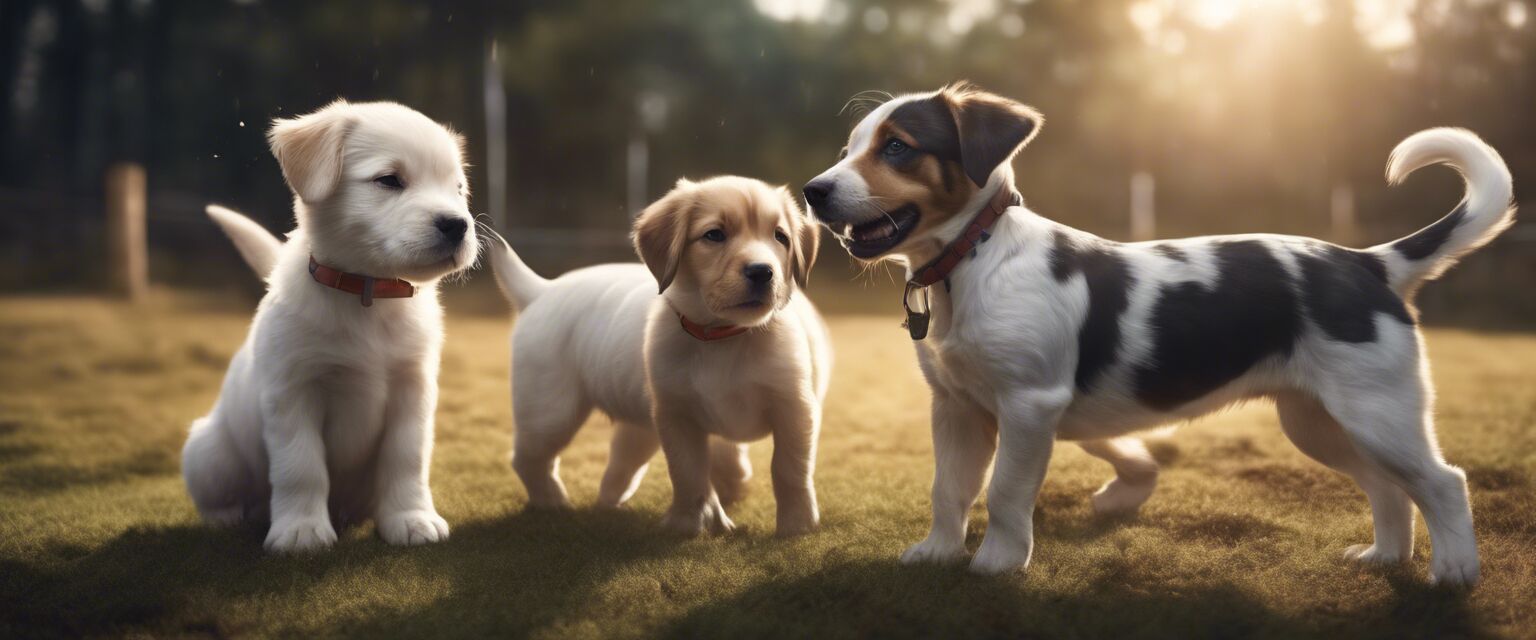
Tips for puppy owners
Follow these tips to ensure successful socialization:
- Be patient and consistent; each puppy will progress at their own pace.
- Monitor your puppy's stress levels; stop if they seem overwhelmed.
- Continue socialization efforts even after the critical period.
- Incorporate regular training sessions to reinforce positive behavior.
- Involve friends and family to create varied social experiences.
Conclusion
Effective socialization is vital for a puppy's well-being and behavior. The earlier and more consistently you expose your puppy to a variety of experiences, the more confident and well-adjusted they will become. By using the techniques and guidance outlined in this article, you can help ensure your puppy grows into a friendly and adaptable adult dog.
